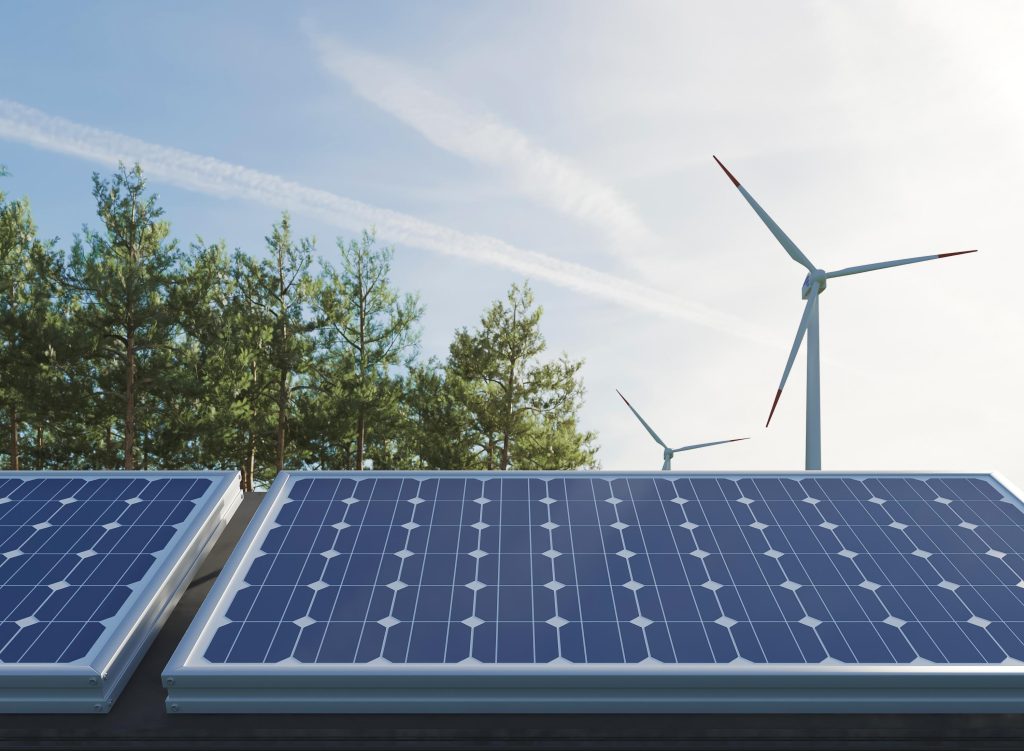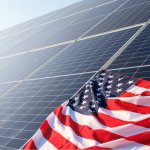The Imperative of Increased Investments in Emerging and Developing Nations
To meet the surging demand for energy while aligning with the climate targets outlined in the Paris Agreement, emerging and developing countries must more than triple their yearly investments in renewable energy by 2030, according to a comprehensive survey conducted by the International Energy Agency (IEA). The study reveals that the current investment amount, which stood at $770 billion in 2022, needs to soar to approximately $2.8 trillion by the end of this decade.
This groundbreaking report highlights the insufficiency of relying solely on public sector investments to achieve universal electricity access and effectively combat climate change. To bridge the funding gap, collaborations with the private sector emerge as a potent strategy to minimize risks associated with clean energy projects.

The IEA advocates that private initiatives should contribute two-thirds of the financing for renewable energy endeavors in emerging and developing economies (excluding China). Currently, $135 billion in private funding is allocated to these countries, but this figure must surge to around $1.1 trillion per year within the next decade.
This analysis underscores the pressing need for heightened international support, both in terms of technical expertise, regulatory frameworks, and financial resources, to unlock the vast potential of clean energy in these regions. By facilitating such initiatives, we can empower governments to overcome existing barriers to investment, including the formidable challenge of accessing affordable capital.
Let us join forces in expediting the transition to a sustainable future. We can empower these nations to embrace clean energy through increased investments and robust partnerships, thus fostering effective climate change mitigation.

